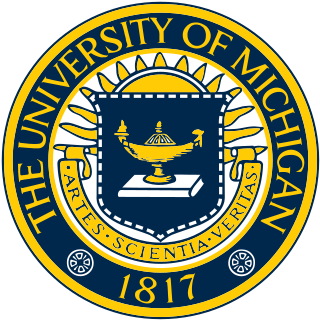
The University of Michigan is a public research university in Ann Arbor, Michigan, United States. Founded in 1817, the university is the oldest and largest in Michigan; it was established twenty years before the territory became a state. Since 1871, Michigan has been a coeducational institution.

Kappa Alpha Theta (ΚΑΘ), commonly referred to simply as Theta, is an international women’s fraternity founded on January 27, 1870, at DePauw University in Greencastle, Indiana. It was the first Greek-letter fraternity established for women. The fraternity was founded by four female students, Bettie Locke Hamilton, Alice Allen Brant, Bettie Tipton Lindsey, and Hannah Fitch Shaw. The organization has 147 chapters at colleges and universities in the United States and Canada. The organization was the first women's fraternity to establish a chapter in Canada. Theta's total living initiated membership, as of 2020, was more than 250,000. There are more than 200 alumnae chapters and circles worldwide.

Delta Zeta is an international college sorority founded on October 24, 1902, at Miami University in Oxford, Ohio.

Theta Phi Alpha (ΘΦΑ), commonly known as Theta Phi, is a women's fraternity founded at the University of Michigan – Ann Arbor on August 30, 1912. Theta Phi Alpha is one of 26 national sororities recognized in the National Panhellenic Conference. Today, Theta Phi Alpha has 55 active chapters across the United States. Theta Phi has alumnae clubs and associations in almost every major city. The organization is involved in the philanthropies Glenmary Home Missioners and The House that Theta Phi Alpha Built which help the homeless and underprivileged, specifically in the Appalachian Mountain region, and Camp Friendship, a summer camp in northeast Mississippi for children from disadvantaged and low-income homes.

Phi Sigma Rho (ΦΣΡ), also known as Phi Rho or PSR, is a social sorority for individuals who identify as female or non-binary in science, technology, engineering, and mathematics. The sorority was founded in 1984 at Purdue University. It has since expanded to more than 40 colleges across the United States.
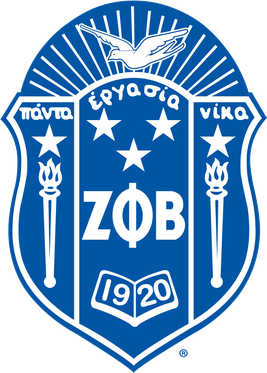
Zeta Phi Beta Sorority, Inc. (ΖΦΒ) is a historically African American sorority. In 1920, five women from Howard University envisioned a sorority that would raise the consciousness of their people, encourage the highest standards of scholastic achievement, and foster a greater sense of unity among its members. These women believed that sorority elitism and socializing overshadowed the real mission for progressive organizations. Since its founding Zeta Phi Beta has historically focused on addressing social causes.
Professional fraternities, in the North American fraternity system, are organizations whose primary purpose is to promote the interests of a particular profession and whose membership is restricted to students in that particular field of professional education or study. This may be contrasted with service fraternities and sororities, whose primary purpose is community service, and social fraternities and sororities, whose primary purposes are generally aimed towards some other aspect, such as the development of character, friendship, leadership, or literary ability.
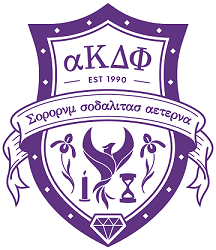
alpha Kappa Delta Phi (αΚΔΦ), also known as aKDPhi, Kappa Delta Phi, KDPhi, is an international Asian-interest sorority founded at the University of California, Berkeley. alpha Kappa Delta Phi has 63 chapters located at numerous universities across the United States and in Canada. It is part of the National APIDA Panhellenic Association (NAPA), which it helped charter in 2006.

Alpha Phi International Women's Fraternity is an international sorority with 172 active chapters and over 250,000 initiated members.

Delta Phi Epsilon is an international sorority founded on March 17, 1917 at New York University Law School in Manhattan. It is one of 26 social sororities that form the National Panhellenic Conference (NPC). It has 110 active chapters, three of which are located in Canada, making the sorority an international organization.
Suellyn Scarnecchia is a clinical law professor at the University of Michigan. She previously served as the general counsel and vice president at the University of Michigan from 2008 to 2012. From 2003 to 2008 she was the dean of the University of New Mexico School of Law, the first woman to fill that position.
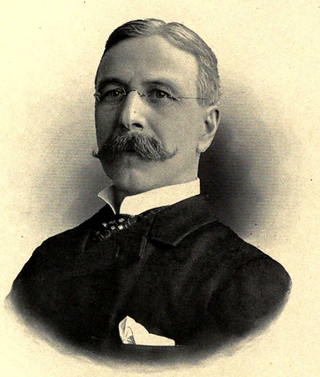
Harry Burns Hutchins was the fourth president of the University of Michigan (1909–1920).
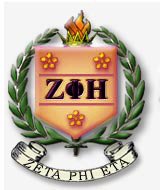
Zeta Phi Eta (ΖΦΗ) is a national professional fraternity in Communication Arts and Sciences founded on October 10, 1893. It is recognized as the oldest professional fraternity for women, though membership is now co-ed.
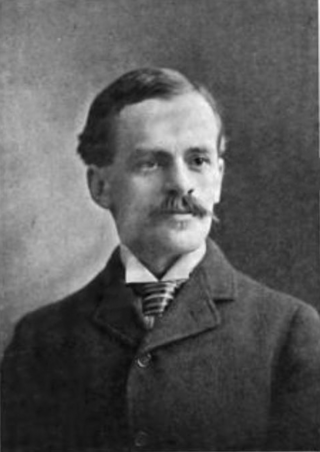
Alfred Henry Lloyd was an American philosopher.

Susan Work Martin is an American academic administrator who was most recently the interim president of San José State University. Previously, Martin served as president of Eastern Michigan University in Ypsilanti, Michigan from 2008 to 2015. She was the first female president in the university’s 160-year history. She held a simultaneous appointment as Professor of Accounting in the College of Business during her tenure at Eastern.

Margaret Bell (1888–1969) was the Professor of Hygiene and Physical Education, Chairman of the Program of Physical Education for Women, and in charge of the Women's Medical Service at the Health Service at the University of Michigan from 1923 to 1957. She became a full professor at the University of Michigan in 1924. When the Department of School Health and Physical Education of the National Education Association and the American Physical Education Association merged in 1938 and became the American Association for Health, Physical Education, and Recreation in 1939, Bell was named the first president of the new organization.

Sarah (Sallie) Holley served as an educator to African Americans during the mid-1800s, becoming an avid member of the American Anti-Slavery Society. Specifically, Holley worked closely with Caroline Putnam to establish the Holley School, which still stands today.
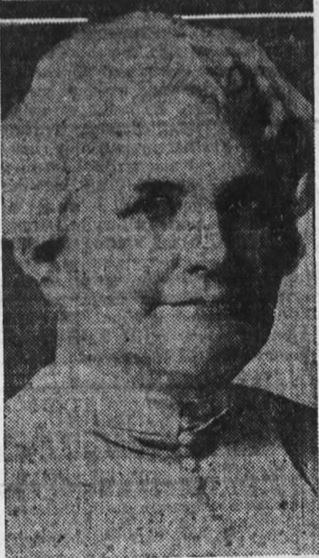
Harriet T. Averill Haas was an American attorney and member of Piedmont Board of Education in the city of Piedmont, California. She was one of the most highly regarded members of the Alameda County, California bar.
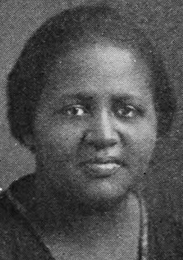
Letty M. Wickliffe was an American educator. She directed special education and gifted education services for black students in Indianapolis, Indiana from the 1930s until the mid-1960s. In retirement, she was a community activist in Ann Arbor, Michigan.

Alice Roberta Manicur was an American educator and college administrator. She was dean of students and vice president of Frostburg State University, and president of the National Association for Student Personnel Administrators. She was inducted into the Maryland Women's Hall of Fame in 2012.


















